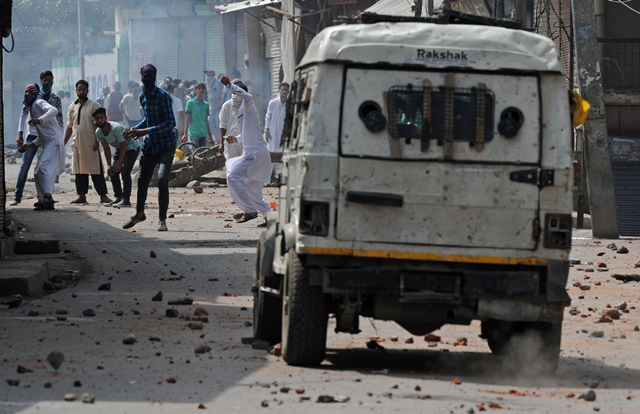
Although there has been an ongoing war of words for the past several weeks, Pakistan has repeatedly stated its desire to resolve matters peacefully, a stance which was reiterated by the PM in his speech to the UN General Assembly. Meanwhile, forces on both sides are going through exercises and being ranged along the Line of Control. If Indian forces were to cross this line either on the ground or through air raids, there are no guarantees that Pakistan would not retaliate in an extremely forceful manner. There has been talk of surgical strikes to take out specific targets but the chances of this not going according to plan are high. Starting a full blown war would not be difficult for the world’s third-largest military but it could turn into a costly, ineffective and time-consuming course of action with unforeseen ramifications for the region. India has now busied itself with trying to decimate goodwill towards Pakistan through diplomatic channels and threatening to dig up evidence implicating Pakistan in the Uri attack.
In an indication that the Indian government is staid about the Baloch cause, the home ministry has claimed that it had received Baloch separatist leader Brahamdagh Bugti’s request for an Indian identity card and travel papers and they are in the process of being examined. Mr Bugti, in fact, will have to undergo multiple layers of verification. The final call will be taken by Prime Minister Narendra Modi, of course. Apparently, the situation is so multifarious that the officials in the home ministry are excavating through 1959 records to check the process. The last time India allowed an asylum request was in 1959 to Tibetan spiritual leader the Dalai Lama by the Jawaharlal Nehru government. Bugti, who is the president and founder of the Baloch Republican Party, is also grandson of Nawab Akbar Bugti, who was killed in an action by the Pakistan Army in 2006. Reportedly, according to Indian officials, Islamabad had blamed New Delhi for helping Mr Bugti flee Pakistan to Geneva in 2010. If granted asylum, Mr Bugti could be given a long-term visa to be renewed every year. The other consequence could be that he will get a registration certificate with which he can travel minus constraints. What happens eventually is yet to be seen.
How all these dilemmas pan out is another mystery in itself but military offensives are not a viable option for India, either to eliminate specific targets or to get back at Pakistan. Civilian and military leadership should form a common front against Indian belligerence. The government now must step up diplomatic efforts, not just to highlight the Kashmir cause but to exhibit to the world that India is playing with fire by continually inflicting Pakistan with coercions. Hopefully, the international community will take under consideration the waning circumstances and talk India out of this precarious and uncalled-for politicking.
Published in The Express Tribune, September 25th, 2016.
Like Opinion & Editorial on Facebook, follow @ETOpEd on Twitter to receive all updates on all our daily pieces.














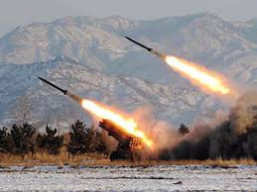
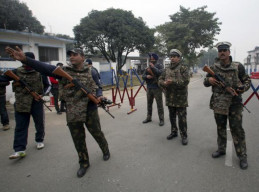

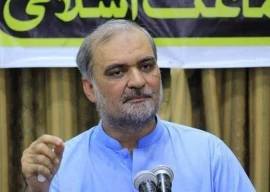

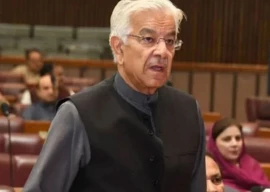
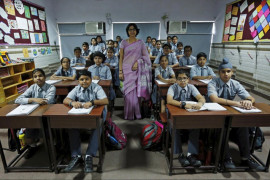
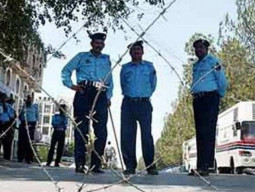




1714024018-0/ModiLara-(1)1714024018-0-270x192.webp)










COMMENTS (3)
Comments are moderated and generally will be posted if they are on-topic and not abusive.
For more information, please see our Comments FAQ